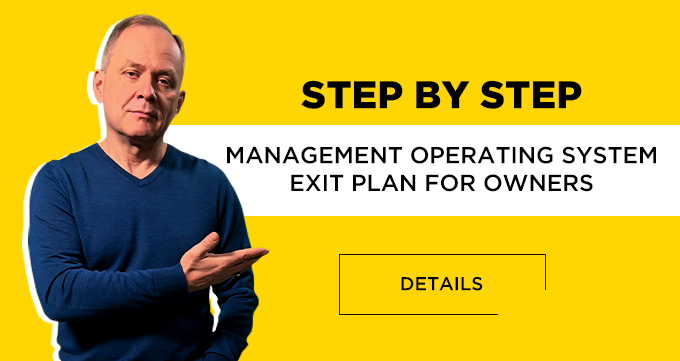The Main Psychological Law of Great Success
At the core of human civilization, sometimes in the most bizarre and even barbaric forms, lies the ancient tradition of sacrifice. From the burning at the stake of a chosen beauty to the ritual slaughter of a lamb raised with love, the idea remains unchanged: to give up something valuable in order to receive something greater in return from the world or the universe. It sounds like archaic savagery, but if you discard the esoteric flair, you can see a fundamental psychological mechanism that even today determines a person's capacity for a decisive leap and scaling.
The Psychology of Sacrifice: Permission for Success
Essentially, almost everything a person could wish for is available to them. However, internal barriers related to low self-esteem and the feeling that we are not worthy enough prevent us from accepting these blessings. The problem of self-esteem is one of the main 'ailments' of modern humanity.
In this context, the act of sacrifice becomes a powerful psychological tool. When a person consciously gives up something very valuable—be it a favorite lamb thrown into a chasm, or habitual comfort—they create a firm, tangible reason in their mind why they now deserve to receive what they desire. This is not so much a deal with higher powers as it is a contract with oneself—the feeling that, having paid the price, one is now entitled to demand a reward. This mechanism, though not the most rational, simply exists and works.
What Are We Putting on the Line?
Observations show that people who are not ready to sacrifice anything (current income, personal time, habitual routine, or comfort) are unable to take a decisive step forward. For a breakthrough and a transition to a new level, one must honestly answer the question: "What am I sacrificing?" And this is not about masochistic self-torture, but a rational approach to growth.
Let me give an example of the story of one of my successful clients. After building a great business in his city, he faced the necessity of relocating for expansion—strategic analysis showed this. However, months later, he still hadn't moved from a standstill. The reason turned out to be simple: he was not ready to sacrifice his comfort. A new home with a luxurious billiards room, a magnificent home theater, and a pool became the "golden anchor" that held him back from reaching the next level. He was unwilling to give up his established life for the vague prospects of scaling.
The same principle worked for me, but in reverse. When I moved to the USA with a moderate income, weak language skills, and a complete lack of cultural understanding, I had to sacrifice the support of a huge audience in my home country and sharply lose in my standard of living, as the quality of life for the same amount of money in Ukraine and the States differs significantly. This was an extreme step, but it was a conscious sacrifice for the sake of a great goal.
Steve Jobs showed a similar example. In 1997, he returned to Apple after a multi-year hiatus. The company was in crisis: hundreds of projects, dozens of unprofitable product lines, and a complete lack of focus. Jobs carried out a radical restructuring, shutting down over 70% of the company's directions. He narrowed the product assortment to four key products—desktop and portable computers for business and for private users. This tough but deliberate step allowed the company to focus resources, restore manageability, improve quality, and create the foundation for subsequent revolutionary products—the iMac, iPod, and, eventually, the iPhone.
Why You Don't Always Need to Sacrifice Money
Paradoxically, the easiest thing that entrepreneurs, who are often accused of greed, are ready to sacrifice is money. However, it is precisely this sacrifice that most often turns out to be meaningless. Instead of investing their own efforts, time, and stepping out of their comfort zone, many try to "drown" their problems with money.
A typical situation for startups abroad: an entrepreneur with good capital arrives in a new country and, until the money runs out, performs chaotic and ineffective actions. But as soon as the financial resource is depleted, their brain kicks in, and real movement begins. This confirms the thesis that the brain starts working most actively under conditions of resource scarcity. Deficiency forces one to be inventive, focused, and effective.
Thus, the true sacrifice on the path to scaling is not money. It is the rejection of habitual comfort, personal time, the readiness to immerse oneself in the unknown, and to apply extra effort. Scaling is always the price for business success, and most often, it is expressed not in money, but in the internal readiness to let go of the familiar.
Only when you are consciously ready to give up something valuable does the path to a new level open up. This is the moment of transition from managing chaos to effective delegation and systemic growth. If you are truly ready for development and want to go through this path effectively and without mistakes, sign up for my updated online practical course "Business Operating System" via the link: https://my.bbooster.online/training_d6?utm_source=d6&utm_medium=seo&utm_campaign=visotsky_blog&utm_term=training_d6&utm_content=statia_zakon_uspeha_251120

